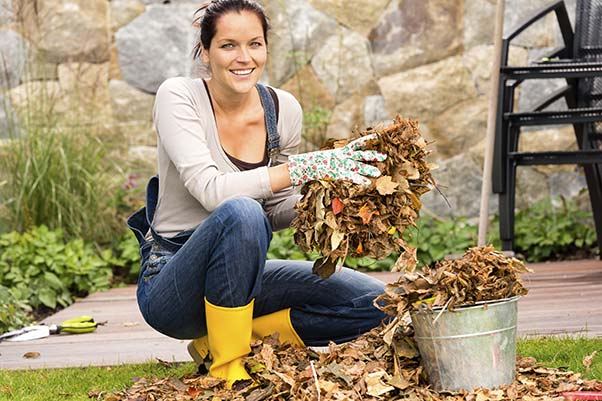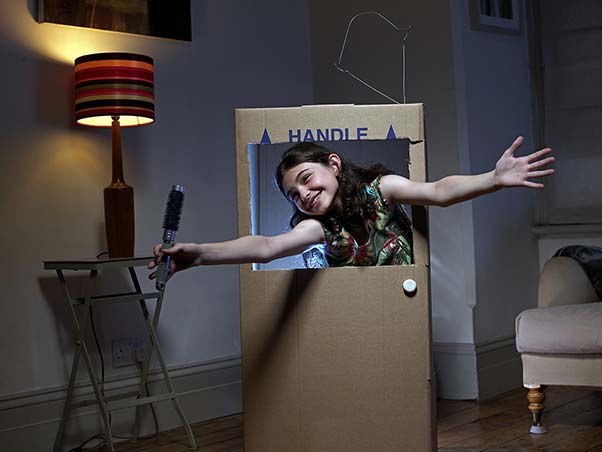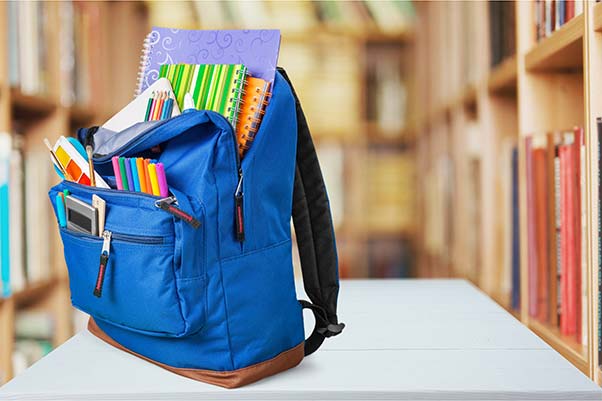Books are portals to other worlds, filled with knowledge, wisdom, fantasy, and adventure. They offer a reliable escape from the humdrum of daily life. If you’re an avid reader, you probably cherish your book collection dearly. But what happens when it starts outgrowing the shelves of your home library? Or what if you’re moving abroad for a while? Are you wondering how to store books or how to store comic books?
In these situations, you need to make sure your books are properly stored and preserved. Whether you go with a personal storage unit or create some space within your home, there are many different ways to organize your reading material. If you’re wondering how to store books, follow our top tips below.
Top Tips for Long-Term Book Storage
Even with the rise of e-readers, many people still prefer the experience of reading a physical book. You get to enjoy the smell of the pages and relish in a rare reprieve from brightly lit screens.
However, with these benefits comes one major downside; physical books don’t last forever. They are made of organic materials that are vulnerable to the elements. If you want to preserve your book collection, you must guard it against mildew, mold, fungi, insects, rodents, and sunlight.
The secret of how to store books long-term is to clean, pack, and store them properly. Here’s how:
Clean Your Books
To keep the elements from harming your favorite books, you must store them in pristine condition. The first step is to give them a good cleaning before storing them away.
Here are some book-cleaning best practices:
- Dust thoroughly: Use a soft paintbrush to dust your book’s outside cover and internal pages. You should also check in between pages for any dust or dirt.
- Avoid liquids: Do not use wet wipes, liquid cleaning products, or bug spray, as moisture may cause mildew to grow on your books during long-term storage. If some of your books already have a musty aroma, let them air out before packing them away in storage units.
Wrap Each Book
Once your books are nice and clean, it’s time to pack them correctly with a protective book covering. Wrap each book with paper or cloth towels to prevent them from gathering dust in storage. It also may protect them from pesky insects that find their way into your storage space.
Some protective book coverings are better than others. Avoid wrapping your books in a plastic bag or foil since these materials trap moisture and promote mold and mildew growth. Newspaper should also be avoided, as its acidity can cause chemical reactions within your books’ pages.
Store Books in Clean Boxes
Once your books are properly packaged, it’s time to arrange them into storage containers. Here are some important steps to follow for optimal preservation:
- Use strong cardboard boxes: A simple cardboard box is one of the best storage boxes for books. These containers can keep your books dry and protected for long-term storage.
- Make sure the box is clean: Just like your books need to be clean, so do your storage boxes for books. If they have any traces of food or dirt, they’ll be more likely to attract insects, mice, or rats.
- Place your books down flat: As you place your book collection into boxes, lay each book flat to prevent undue stress on the book’s spine.
- Put heavier books on the bottom: Make sure to organize your book collection so that the heaviest books are placed at the bottom of the box. From there, you can use your paperbacks to fill the box up to the brim.
- Avoid empty space in the box: A full cardboard box will keep your books from moving around as you transport them to their long-term storage facility.
Once your cardboard box is packed and ready to go, seal it with strong packing tape. It’s also a good idea to label your boxes so you know exactly which books are inside.
Consider a Climate-Controlled Storage Unit
While not totally necessary, it can help to store books in a climate-controlled storage unit to provide them with the best preservation. This means you should store your book collection in a stable environment. Choose a place that meets the following requirements:
- Cool temperatures: The best book storage temperatures are 70 degrees Fahrenheit and below.
- Low humidity levels: Dryness is another crucial element to proper long-term book storage. To prevent any mold or mildew from festering, make sure your books are stored somewhere with humidity levels between 30% and 50%.
- Out of direct sunlight: UV rays are infamous for turning book pages yellow and causing their text to fade. Direct sunlight also contributes to increased heat and humidity. Thus, it’s crucial to keep your books out of the sun during long-term storage.
If your attic, garage, or basement don’t meet these criteria, you can take advantage of a self-storage unit instead. Self-storage units provide a designated place for your favorite books and free up space in your home.
What Should You Store Your Books In?
It’s time to pack up your books and move them to a storage unit or the garage. What is the best storage box for books?
Strong Cardboard Boxes
Earlier in this article, we recommended using strong cardboard boxes to store books. Banker boxes and reinforced cardboard moving boxes will keep out damaging UV from the sun and won’t trap moisture. Cardboard boxes can be especially helpful if you plan to store your boxes in an area that receives sunlight exposure.
Cardboard boxes do have some drawbacks. They won’t protect your books from water damage if your roof leaks or your basement floods. They can also break down over time, especially if exposed to moisture or sunlight. We don’t recommend packing books into large cardboard boxes. Not only will the boxes be heavy and difficult to move, but the weight of the books may break through the boxes.
Plastic Bins
Plastic bins are much stronger than cardboard boxes and can protect your books from external water. However, you’ll need to take care when choosing plastic storage boxes for books. Plastic boxes are prone to trapping moisture, which can lead to mold growth. Make sure your books and your box are completely dry. (Using a protective book covering can also help.) Clear plastic bins can also let UV rays in that can slowly break down books. If you plan to store your books in an area with sun exposure, steer away from clear plastic bins. You can find plenty of opaque options for sale.
Also, pay attention to the size of the bins you purchase. Choose smaller plastic containers that will be easier to lift and transport. You’ll be able to find many large plastic bins on the market, but filling big tubs with books will make them difficult to move.
How To Organize Your Books for Storage
Before you begin tossing your books into your storage boxes haphazardly, take a moment to consider how you’d like to organize your collection. What if you want to loan a book to a friend or grab one of your favorite books for a re-read? Would you be able to quickly and easily find the book without tearing open all your boxes?
Figure out how you want to organize your books. You have plenty of options, like organizing by:
- Genre (e.g., fantasy, historical, non-fiction, business, self-help, etc.)
- Alphabetical by title
- Alphabetical by author
- Topic (e.g., business books, Spanish books, engineering books)
Depending on the size of your collection, you may even want to create sub-categories. For example, you could start with genres and then sort by alphabetical order within a genre. Label your boxes clearly and on multiple sides. Ideally, you’ll want to be able to step into your storage unit, review your labels, and immediately be able to find the box that contains your sought-after book.
Organizing your books does take a little extra time and effort upfront, but it can save you loads of time in the future, especially if you plan to access your stored books often.
Store Books Long-Term With Price Self Storage
Now you know how to store books properly. If you cherish your book collection, these storage tips can keep it in beautiful condition for years to come. Not only will you be able to pass down your favorite stories to your children, but you can also hold onto antique books that may become quite valuable one day.
If you’re interested in how to store books long-term, check out our different types of storage units, including climate-controlled units, available at Price Self Storage. Price Self Storage offers a variety of unit sizes. With a little organization, you can transform your storage facility into the perfect personal library! Whether you need Los Angeles storage, San Diego storage, or Walnut Creek storage, we have 13 storage unit locations across California, with select locations featuring climate-controlled self-storage units.
Find out how Price Self Storage can support your storage needs today.
Source:
Northeast Document Conservation Center. Temperature, Relative Humidity, Light, and Air Quality: Basic Guidelines for Preservation. https://www.nedcc.org/free-resources/preservation-leaflets/2.-the-environment/2.1-temperature,-relative-humidity,-light,-and-air-quality-basic-guidelines-for-preservation
The Leon Levy Dead Sea Scrolls Digital Library. Conservation. https://www.deadseascrolls.org.il/learn-about-the-scrolls/conservation?locale=en_US










